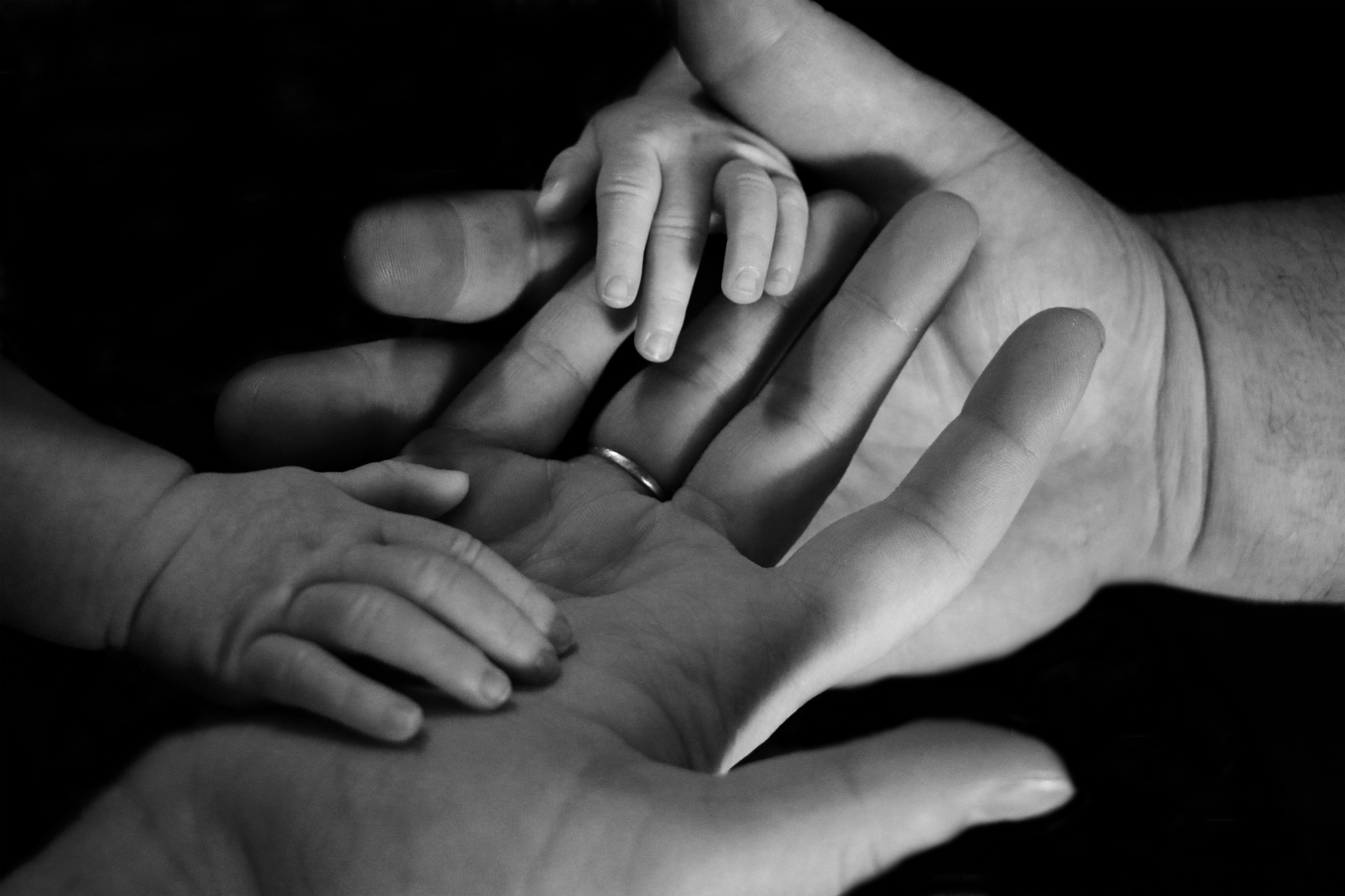Family law stands as a cornerstone of legal practice that intimately affects the lives of individuals and families, dealing with some of the most personal and sensitive issues one can face. Whether it’s the dissolution of a marriage, the custody of children, or the division of assets, the stakes are invariably high, and the emotional toll can be significant. For many, the journey through family law matters is uncharted territory, fraught with legal complexities and procedural nuances that can seem overwhelming. This comprehensive guide seeks to illuminate the path through common family law questions, providing clarity and insight for those embarking on this challenging journey. By demystifying the key aspects of family law, we aim to empower individuals with the knowledge needed to navigate these waters with confidence and foresight.
The realm of family law encompasses a broad spectrum of cases, each with its unique set of circumstances and legal considerations. From navigating the intricacies of divorce proceedings to addressing child custody and support issues, the scope of family law is vast. In New Jersey, as in many jurisdictions, these matters require not only a deep understanding of the law but also a compassionate approach that recognizes the profound impact these cases have on the lives of those involved. The need for skilled legal counsel is paramount, as the decisions made in these cases can have lasting effects on family dynamics and individual futures. As we delve into the common types of family law cases, grounds for divorce, and other pivotal topics, this guide serves as a valuable resource for anyone seeking to understand the legal landscape of family law.
Table of Contents
ToggleUnderstanding Family Law Cases
Family law cases in New Jersey, as in many jurisdictions, primarily revolve around divorce and related issues. However, the scope of family law extends beyond marital dissolution, encompassing a variety of situations that may require legal intervention. Common types of family law cases include:
- Divorce Proceedings: These cases often involve multiple facets, including property division, alimony, and the dissolution of the marital bond. Divorce can quickly become complicated, highlighting the need for experienced legal guidance to navigate the proceedings.
- Child Custody and Support: Determining the custody of children and establishing appropriate support payments are central issues in many family law cases. These decisions impact the well-being of children and the financial responsibilities of parents, making them critical components of family law.
- Visitation and Grandparents’ Rights: Beyond parents, family law also addresses the rights of grandparents and other relatives, ensuring they maintain relationships with children when it’s in the child’s best interest.
- DYFS Representation: The Division of Youth and Family Services (DYFS) cases involve the welfare of children and may require legal representation to address allegations of neglect or abuse.
Grounds for Divorce in New Jersey
New Jersey law recognizes several grounds for divorce, ranging from fault-based reasons to no-fault separations. Understanding these grounds is crucial for anyone considering divorce, as they can influence the proceedings and outcomes. Common grounds include:
- Desertion: When one spouse abandons the other for a specified period.
- Adultery: Infidelity can serve as grounds for divorce, though it’s often complex to prove.
- Extreme Cruelty: This encompasses physical or emotional harm inflicted by one spouse on the other.
- Separation: Living apart for at least 18 months can serve as grounds for a no-fault divorce.
Less frequently cited reasons include habitual drunkenness, deviant sexual behavior, drug addiction, and incarceration. Each ground for divorce carries its own legal implications and requirements, making it essential to consult with a family law attorney to understand the best course of action.
The Divorce Process Timeline
The duration of a divorce process in New Jersey varies significantly based on the complexity of the case and the ability of the parties to reach agreements on key issues. While the state’s Best Practices aim for divorces to be finalized within one year from filing the Complaint for Divorce, the reality can differ. Cases involving businesses, substantial assets, or contentious custody disputes may extend beyond this timeframe. Conversely, uncontested divorces or those with pre-negotiated settlements may conclude in a matter of months.
Name Changes and Divorce
A common question among divorcing individuals is whether they can resume their premarital surname as part of the divorce proceedings. New Jersey law allows for this, subject to specific questions from the court to ensure the name change is not intended to defraud or evade legal responsibilities. If approved, the Judgment of Divorce will include the desired surname, facilitating the legal process to update identification documents and records.
Seeking Legal Guidance
The intricacies of family law underscore the importance of seeking knowledgeable legal counsel. A qualified family law attorney can provide invaluable assistance, from clarifying legal grounds and navigating the divorce process to advocating for clients’ rights in custody and support matters. By partnering with an experienced lawyer, individuals can navigate the complexities of family law with confidence, ensuring their rights are protected and their voices heard.
Family law matters are inherently personal, often affecting the core of our familial relationships and personal well-being. Whether facing divorce, custody issues, or other family law challenges, understanding the legal landscape is the first step toward resolution. With the right information and legal support, individuals can navigate these challenges, making informed decisions that reflect their best interests and those of their families.




